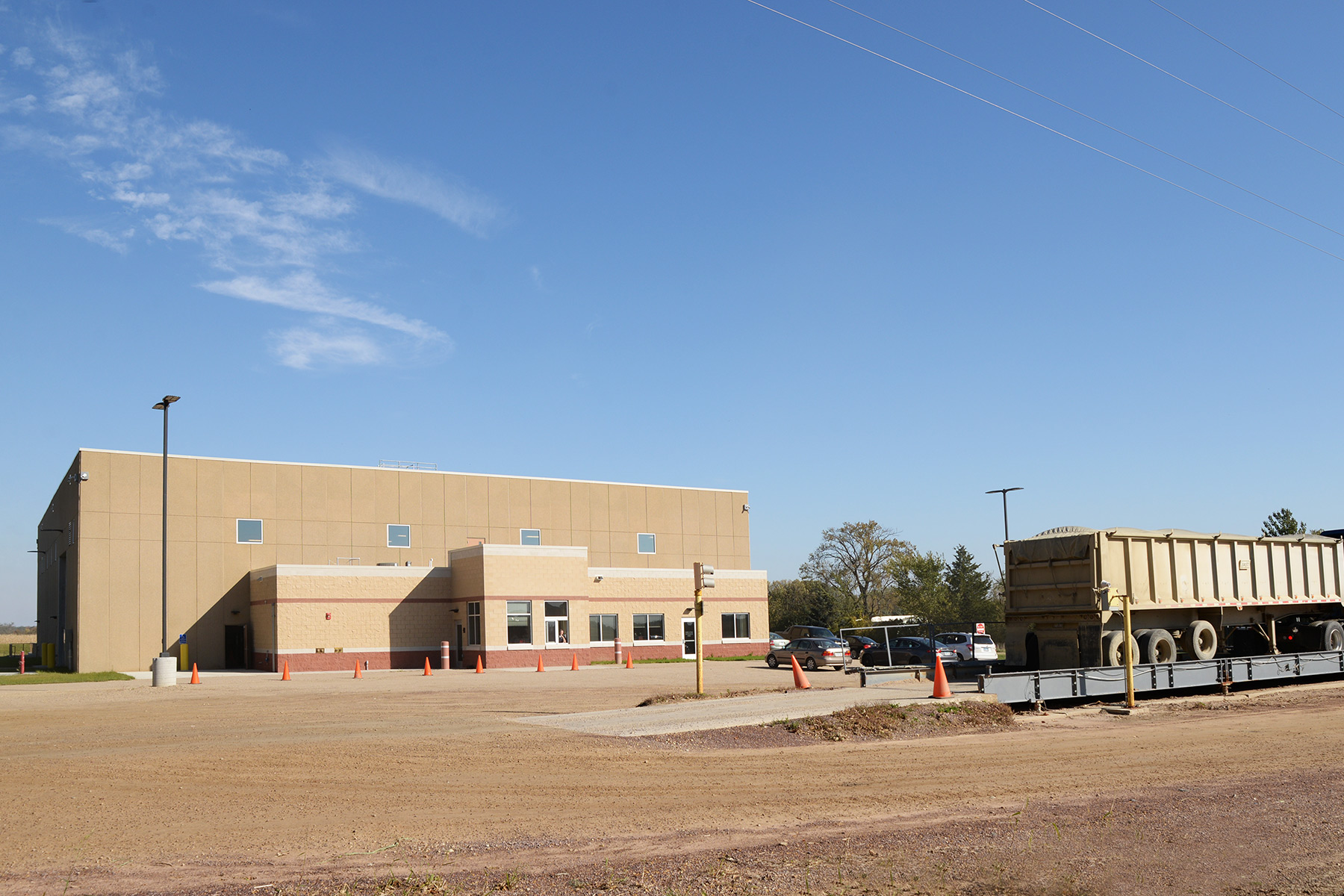

The county pays a ‘per household fee’ and receives a set amount of money for every ton the company collects. Once they budget those costs out, they give the county a price for their services. They take into account the price of a truck, the wage of a driver, fuel for the truck, maintenance and more. In Miami-Dade County, private companies have handled recycling since the 1990s.Ĭompanies incur the cost of recycling in a certain area.

“Recycling is a business,” says Jeanmarie Massa, Recycling Coordinator for Miami-Dade County. “’s part of the business is we are providing a service to our residents.” It's a perfect storm of issues: contamination from people throwing the wrong items into recycling bins, markets not willing to buy materials, and the way Florida records recycling numbers. Compared to other counties like Broward and Palm Beach, which recycle 33 and 45 percent of their waste, respectively, Miami-Dade is one of the lowest in the state of Florida. Millions of residents in Miami-Dade County toss a combined 10-pounds of garbage every day, according to Florida's Department of Environmental Protection (FDEP).Īccording to the FDEP, only 18 percent of Miami-Dade county’s waste is recycled. “You can tell me it went to the moon and that would be the most information I’d gotten from anybody,” Oberg says. And, they aren’t sure what happens if they throw the wrong things into the recycling bin. The couple admits they're not really sure what they’re allowed to recycle. On those Thursday pick ups, the family's recycled material is dumped into a truck and driven away to be recycled - or at least they hope that's what happens. WLRN Eliza Fendell (left) and Jeff Oberg (right).


 0 kommentar(er)
0 kommentar(er)
